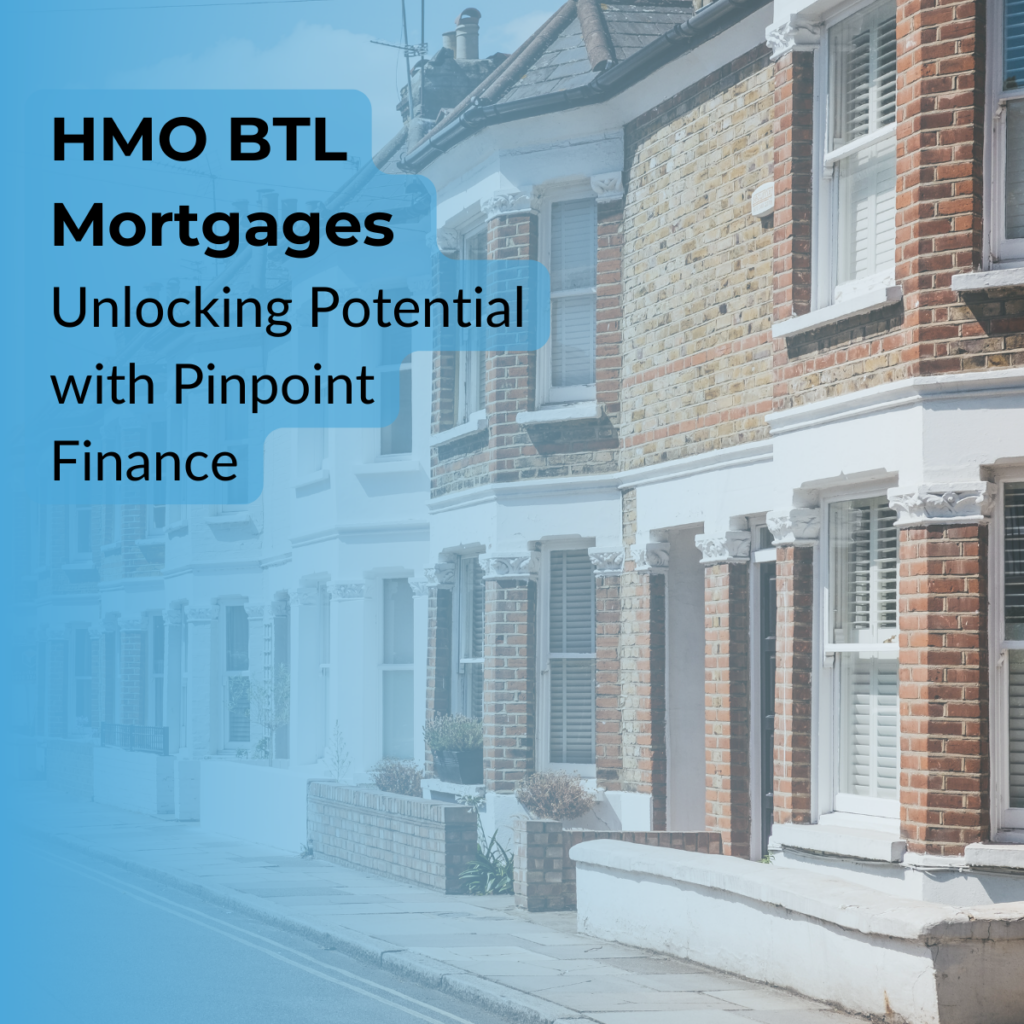An Energy Performance Certificate (EPC) rating is an assessment of a property’s energy efficiency. The current rating system goes from A (most efficient) to G (least inefficient). The lower the energy efficiency rating of a property, the more it costs to run, and the less environmentally sustainable it is. An EPC is required whenever properties are sold, rented, or built, and is valid for 10 years from the date of issue.
What Information Does An EPC Include?
An EPC includes the A to G energy rating issued by the assessor. Within this rating, the property is also given a numerical score to see how efficient it is in its current banding.
The property’s energy use will also be considered, including:
- How much energy is used to run the property
- How much it typically costs to run
- How well insulated the property is
- The level of carbon dioxide emissions.
As well as the current EPC rating, it will include instructions on how to improve the rating in future. This may range from having energy efficient light bulbs, to installing a heat source pump or solar panels. The assessor will also include a potential rating to indicate how much more energy efficient a home would be if it applied these recommendations. The assessor will never recommend improvements that exceed £3,500.
When Should A Landlord Get An EPC?
A landlord must have an up-to-date EPC whenever they rent a commercial or residential property or start a new tenancy. Current legislation issued in 2018, called the Minimum Energy Efficiency Standard (MEES), prevents tenancies being issued to properties with a rating of F or G. By 2025, the government plans to raise this grading up to a C, and by 2030, to a B.
If you are currently renting out a property but have an EPC of F, or G, you must take steps to improve your energy efficiency, or register an exemption. If your property is currently empty, you do not need to get an EPC until you are planning to rent out the property again. This may be a challenge to some landlords, particularly with older properties. Approximately a third of all UK rental properties were built prior to 1940. These properties usually have very low EPCs.
How Do I Get An EPC As A Landlord?
Pinpoint Finance can help you get an EPC. Our expert team of buy-to-let financial advisors will have an in-depth understanding of your current needs. Simply contact us, and we’ll be able to provide you with an EPC unique to your current situation. Hassle-free EPCs at a reasonable cost.
Are you concerned about renting out an older property? Talk to us at Pinpoint Finance to see if you register for any exemptions. We’re here to help you on your journey to becoming a landlord.










